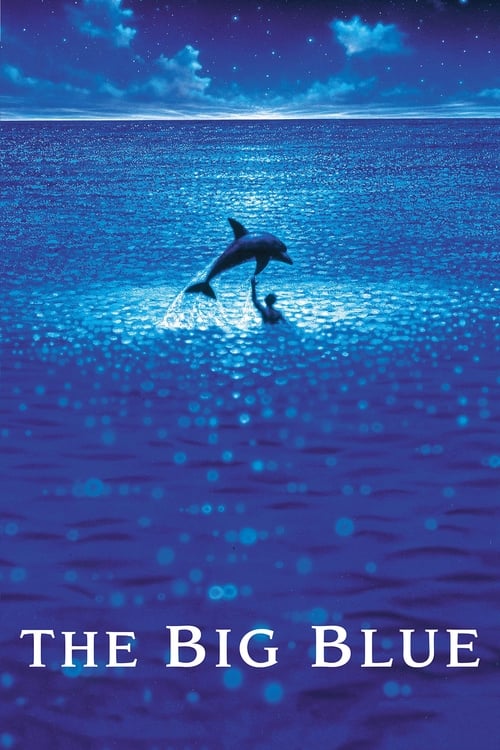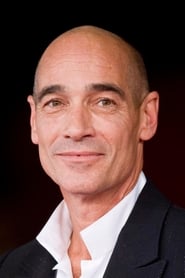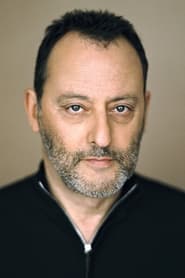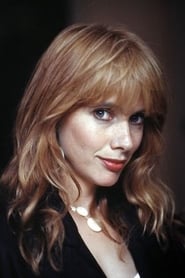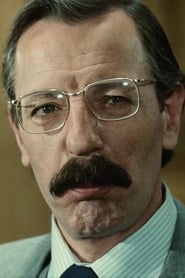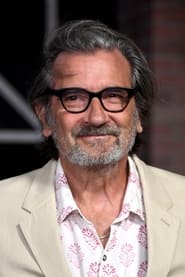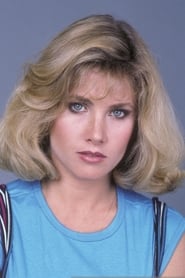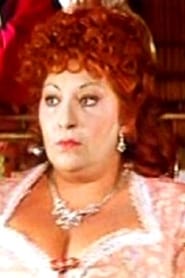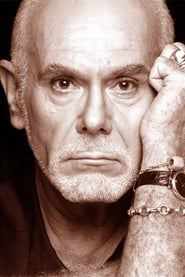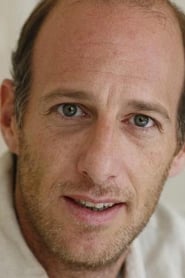Cast
View AllJean-Marc Barr
as Jacques Mayol
Jean Reno
as Enzo Molinari
Rosanna Arquette
as Johana Baker
Paul Shenar
as Dr. Laurence
Sergio Castellitto
as Novelli
Jean Bouise
as Uncle Louis
Marc Duret
as Roberto
Griffin Dunne
as Duffy
Valentina Vargas
as Bonita
Kimberly Beck
as Sally
Alessandra Vazzoler
as La Mamma
Andréas Voutsinas
as Priest
Patrick Fontana
as Alfredo
Geoffrey Carey
as Supervisor
Jan Rouiller
as Noireuter
Crew
Director
- Luc Besson
Producer
- Patrice Ledoux
Reviews
Andres Gomez
Introspective story with a good Jean Reno and innocent Rosanna Arquette.
Sound track, for those loving Eric Sierra. Not for all tastes. A little bit too long but entartaining.
Dec 3, 2012
Filipe Manuel Neto
**A film unjustly forgotten these days.**
I confess that I didn't quite know what to expect from this movie. All I knew was that it was wildly successful in the decade it was released, and that nowadays hardly anyone remembers it. It is directed by Luc Besson, a French director whom I respect and consider competent.
The screenplay is based on the relationship between Jacques and Enzo (I assume one will be French and the other Italian). They are childhood friends, but grow apart shortly after the accidental death of Jacques' father. Already in adult life, the two become apnea diving champions and rivals for the world title of the specialty. The story works reasonably well, but it skids a lot on the amorous subplot created around the character of Johana Baker, which feels very underwritten.
The film has a strong French cast led effectively by Jean Reno, who is one of the best French actors working today, at least for me. He gives his character a dour humor and a certain sassiness that I felt was very fitting. Jean-Marc Barr also does a good job, but he lacks Reno's charisma and presence. Rosanna Arquette is beautiful, elegant, but nothing more than a pretty face for the film. The material she received is downright poor.
Luc Besson likes the sea, and films where the cinematography and the soundtrack artistically dominate and absorb our senses. With this film, he gives us all that, in generous doses, thanks to the beauty of the Mediterranean Sea, magnificently filmed in superb scenes, below and above the water level, and to an excellent soundtrack, by Eric Serra. The editing was also very well directed and the film has a very pleasant pace. All of these are reasons to revisit and revalue a film that seems to me to be unfairly forgotten.
Apr 20, 2023
Thematic Analysis
As a dramatic work, The Big Blue examines complex human relationships and emotional struggles against the backdrop of a period setting that reflects societal issues of its time. The character development particularly stands out, offering viewers a chance to reflect on their own life journeys.
Director Luc Besson brings their distinctive visual style to this film, continuing their exploration of themes seen in their previous works while adding new elements. Their approach to character development and emotional depth creates a viewing experience that rewards close attention.
Released in 1988, the film exists within a cultural context that now offers viewers historical perspective on the social issues of that era. Its critical acclaim reflects its artistic achievements and its place in cinema history.
Did You Know?
- The production of The Big Blue took approximately 34 months from pre-production to final cut.
- With a budget of $14.4 million, the film represented a significant investment in bringing this story to the screen.
- The final cut of the film runs for 168 minutes, though the director's initial assembly was reportedly 207 minutes long.
- Some visual effects sequences took up to 5 months to complete.
- The musical score contains over 56 unique compositions.
- The cast underwent specialized training for 7 weeks before filming began.
Historical Context
- In 1988, when this film was released:
- Personal computers were beginning to transform homes and workplaces.
- The Cold War was entering its final phase.
- Independent cinema was growing in influence, challenging the dominance of major studios.
How This Film Stands Out
While The Big Blue shares thematic elements with other films in its genre, it distinguishes itself through its unique approach to storytelling, visual style, and character development.
Unlike Secrets of War, which focuses more on action than character development, The Big Blue offers a fresh perspective through its innovative visual language and narrative structure.
While films like Straight Outta Compton and The Method explore similar territory, The Big Blue stands apart through its distinctive directorial vision and pacing.
This film's unique contribution to cinema lies in its thoughtful balance of entertainment value and thematic depth, making it a valuable addition to its genre.
Details
- Release Date: May 10, 1988
- Runtime: 2h 48m
- Budget: $14,390,509


